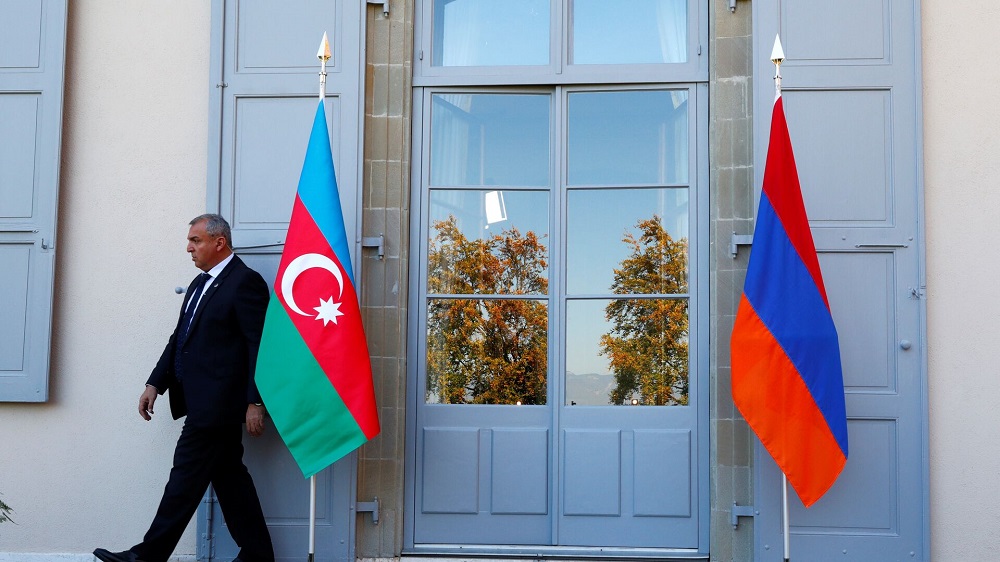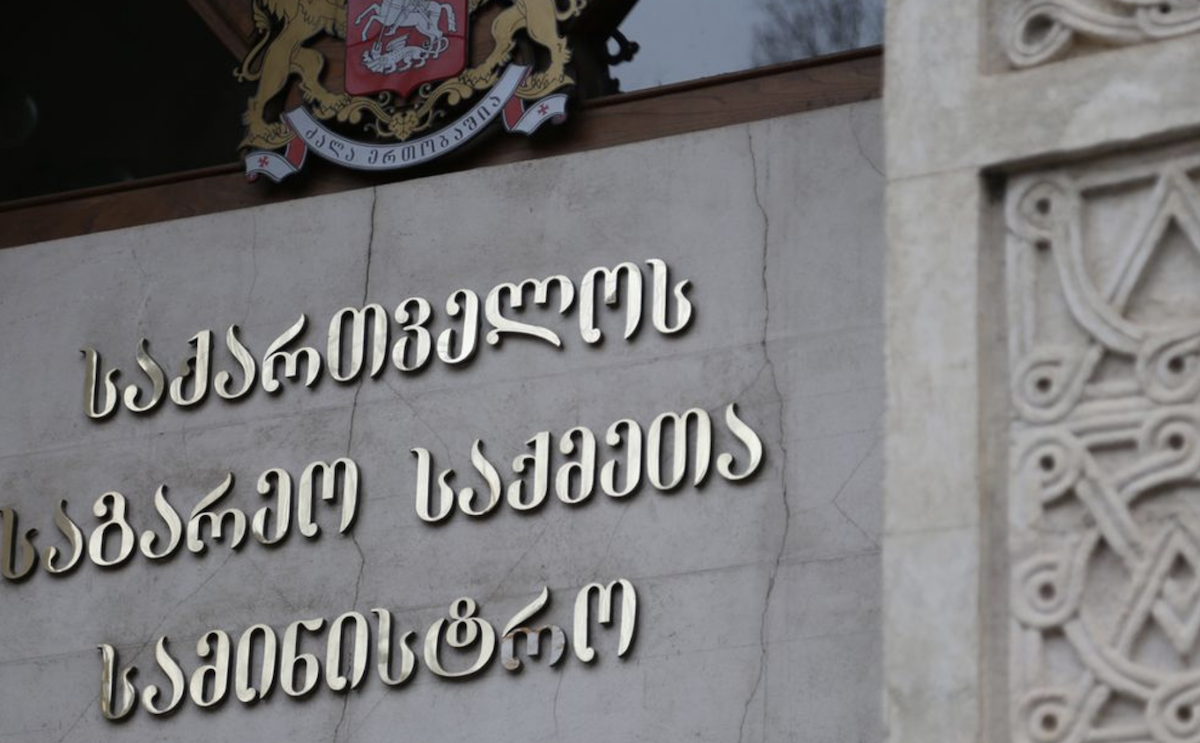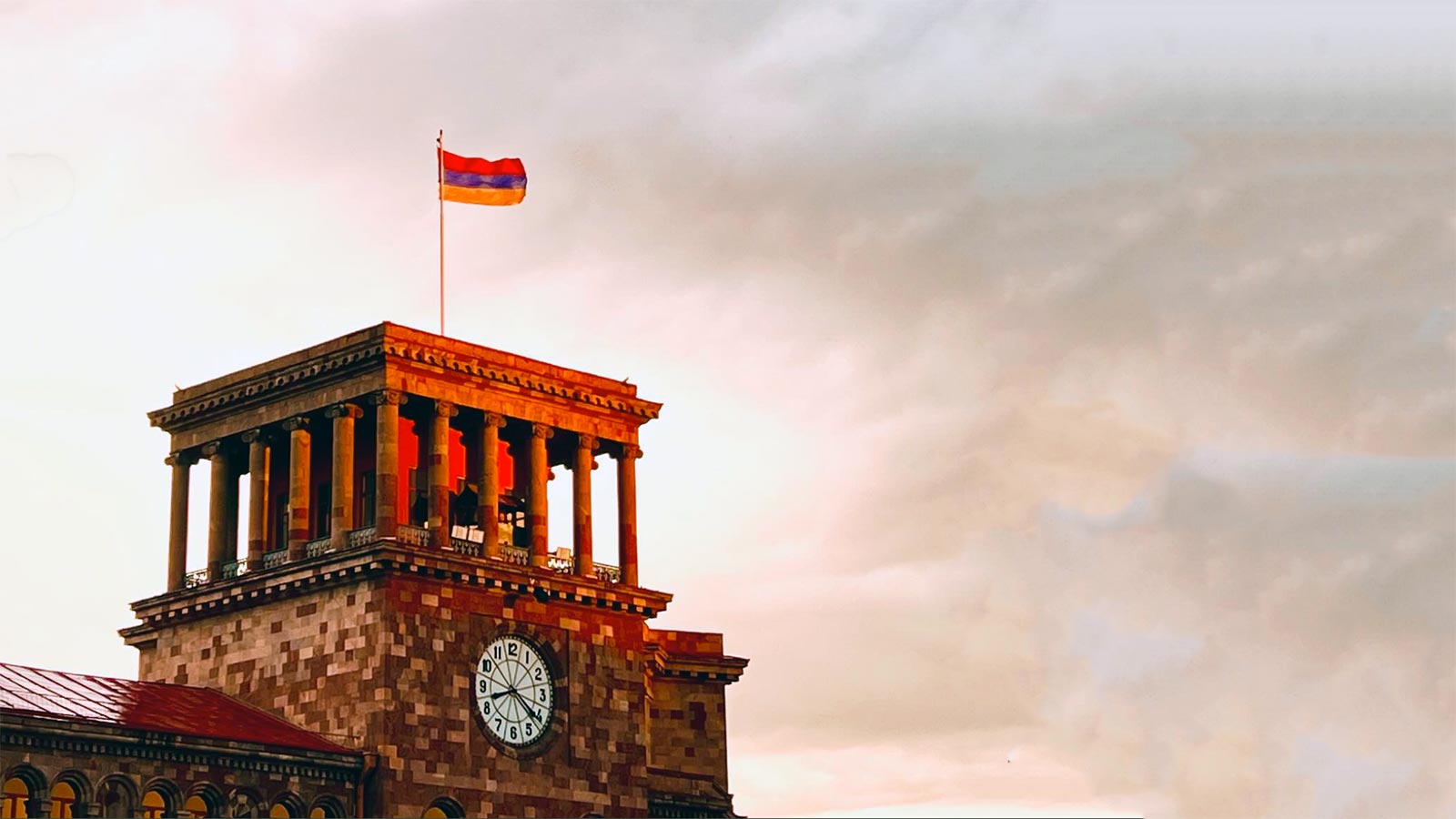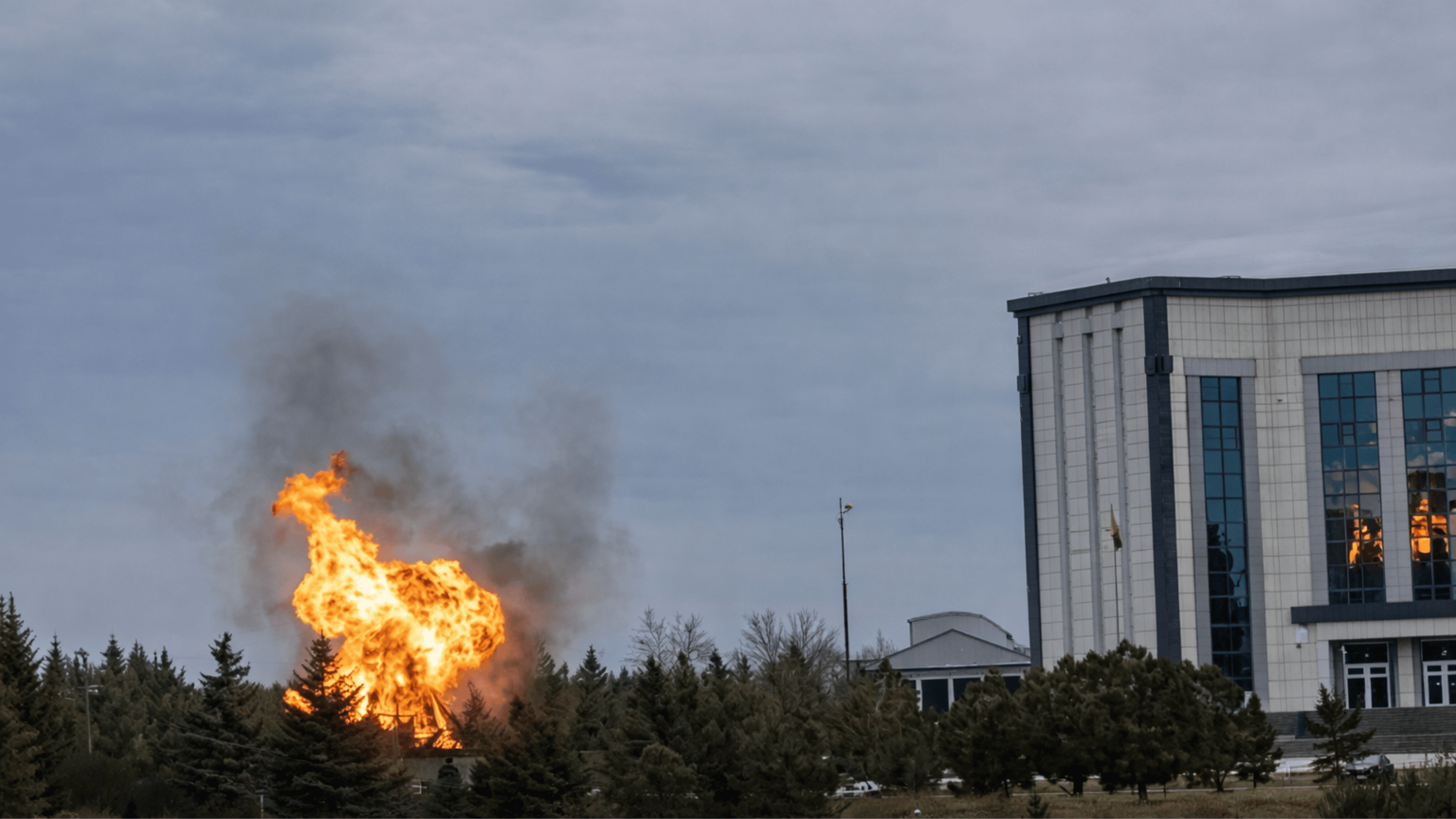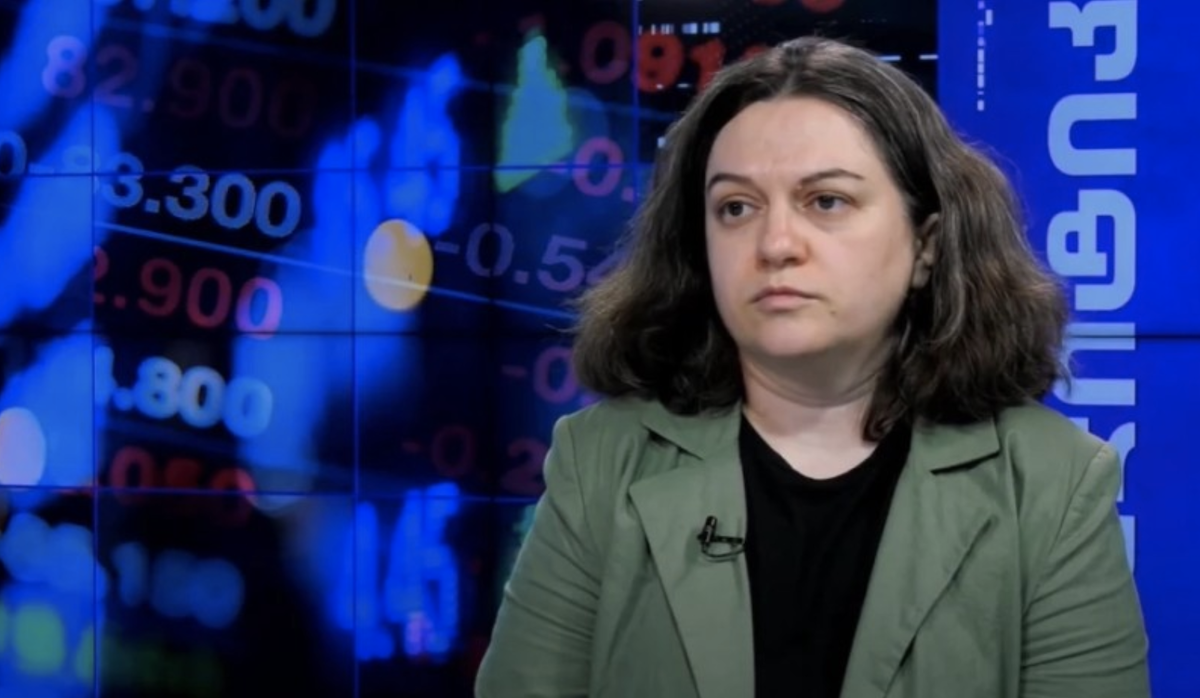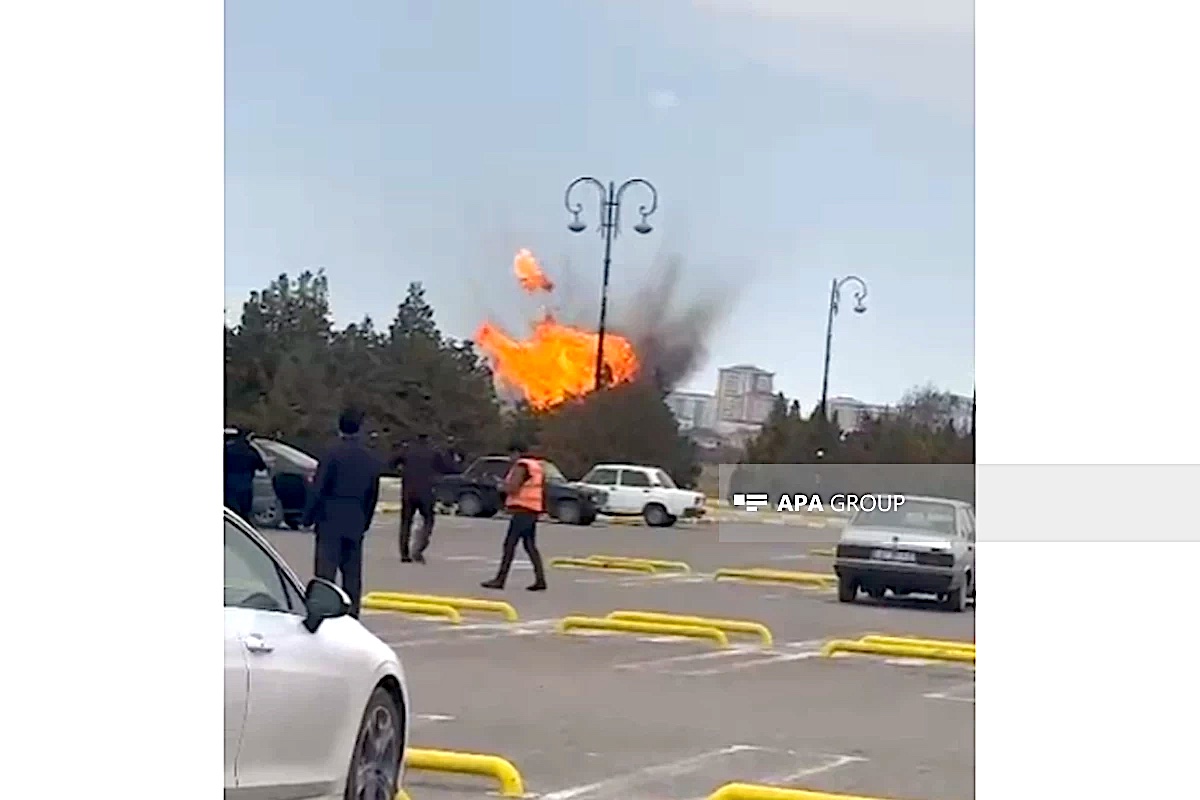War in the South Caucasus: who is for, and who is against? A view from Baku
Farhad Mamedov on the potential war
After Azerbaijan regained control over all its territory, there were no ceasefire violations on the border with Armenia for a long time. However, recently there have been several incidents along various sections of the still undelimited interstate border. As a result, there have been fatalities and injuries, as well as detentions. Azerbaijani political scientist Farhad Mamedov shared his thoughts on the possible full-scale war between Azerbaijan and Armenia.
- No guarantees that Baku won’t proceed with another escalation”: Opinion
- In Azerbaijan, an opposition politician may face new charges
- New amnesty bill in Georgia: will it help Saakashvili?
According to political scientist Farhad Mamedov, alongside the negotiations between Azerbaijan and Armenia regarding a peace treaty, the expert community and the media are fueling the topic of a future war.
“Official representatives of various countries, experts, and the media are talking about a future war and using this discourse for their own purposes. It must be acknowledged that there are objective grounds for this:
- No peace treaty has been signed between Azerbaijan and Armenia;
- Armenian legislation still contains territorial claims against Azerbaijan;
- There is an arms race;
- The geopolitical confrontation of external forces in the region is intensifying.”
Stakeholders and objectives of possible escalation
“If content analysis is conducted on texts in international media and expert presentations, it becomes clear that France and Russia are the most vocal about the impending war.
France is promoting the ‘future attack by Azerbaijan’ narrative to supply Armenia with French and Indian weapons, integrate into the management systems of the army and state apparatus, and disrupt Russian presence in Armenia.
Russia, in turn, openly declares that if Armenia turns to the West, it will become Western Azerbaijan, and Russian experts openly talk about Moscow’s red lines.
Thus, both France and Russia are convinced that war is inevitable.
On the contrary, official Baku demonstrates steadfast patience and a commitment to continue negotiations: two bilateral meetings in St. Petersburg and Munich, border commission meetings, the current meeting of the foreign ministers, meetings with Western and Russian officials, and discussions on Armenian-Azerbaijani normalization. The Azerbaijani Ministry of Defense states that there will be no responses to Armenian provocations at the provisional border, and Baku is demanding investigations.”
“What needs to happen for Azerbaijan to respond disproportionately?”
“The February skirmish showed that the Armenian government has entrusted parts of the border to the private military company Erkrapah, and since 2021, has given certain sections of the provisional border to the Russian FSB. As a result of Armenia’s anti-Azerbaijan policy, it does not have full control over the entire perimeter of the provisional border, creating conditions for external forces interested in escalation to take measures and provoke Baku into responding.
At the same time, both Russia and France are flirting with revanchist forces both within Armenia and beyond. France went even further by organizing a meeting between Pashinyan and the head of the French Dashnaks, Papazyan. The goal is to reconcile the Dashnaks with Pashinyan and steer the latter towards revanchist content.
All these actions are recorded in Baku. Official Baku made it clear in February that it would respond disproportionately in the event of losses. That is, stakeholders in escalation must execute a provocation with human casualties for Baku to respond. If Armenia does not want the destruction of acquired weapons and new casualties and losses, then it should strengthen control over its armed groups along the provisional border, work on the content of the Armenian foreign minister’s statements, and begin to annul the decisions of the Supreme council of Armenia from 1992.
Pashinyan and Co. must understand that France’s promises to strengthen Armenia’s position in the negotiations through ‘successful escalation by regaining control over some positions at the provisional border’ may lead to further losses. Military escalation could change Azerbaijan’s negotiating position, as we have witnessed over the last three years. Pashinyan must be a subject not only in relations with Russia but also with France, to avoid losing even more.”










